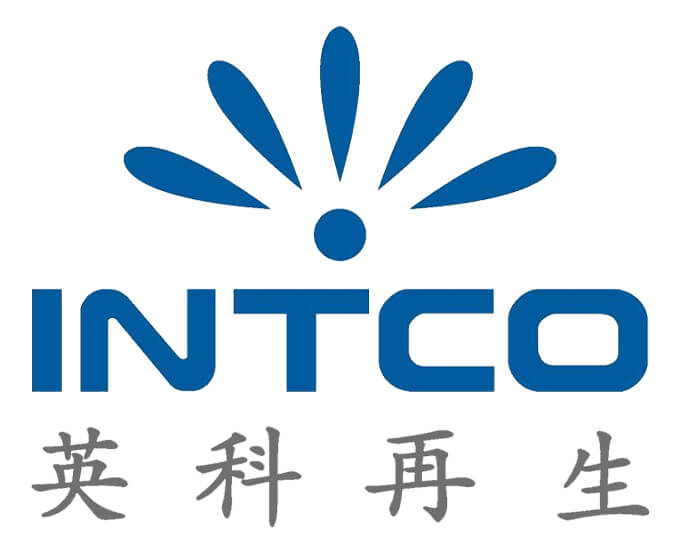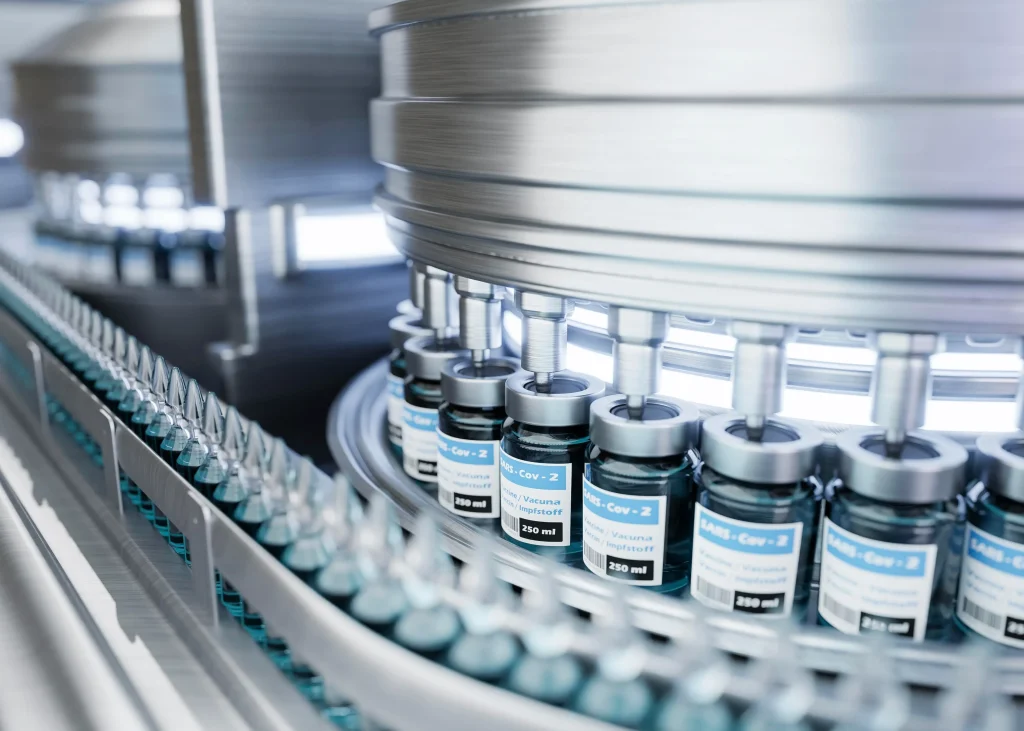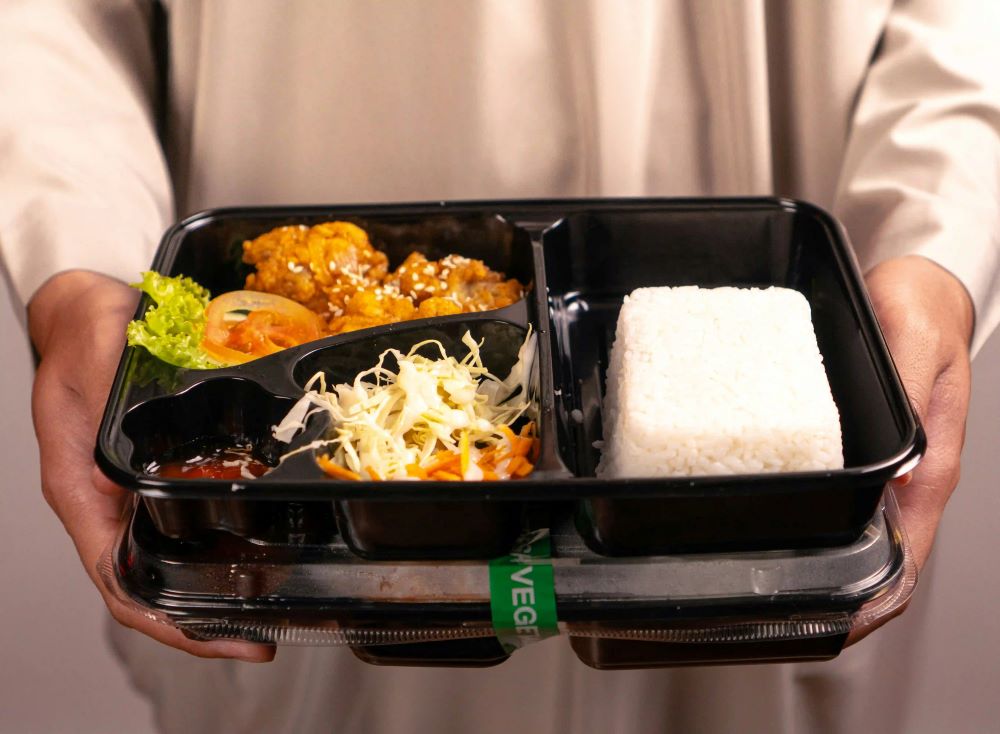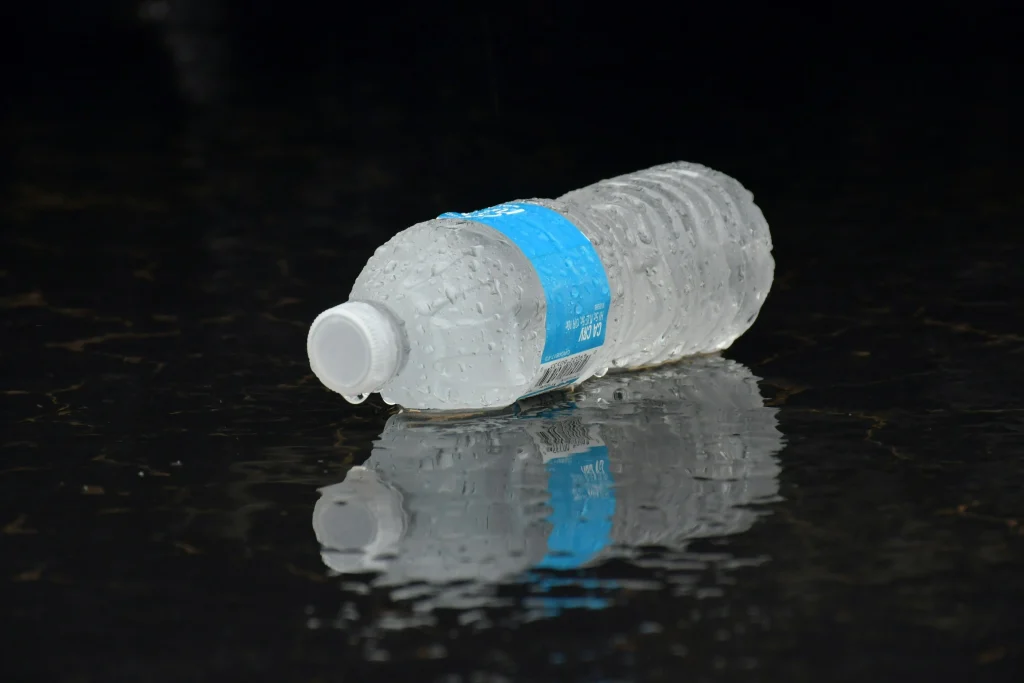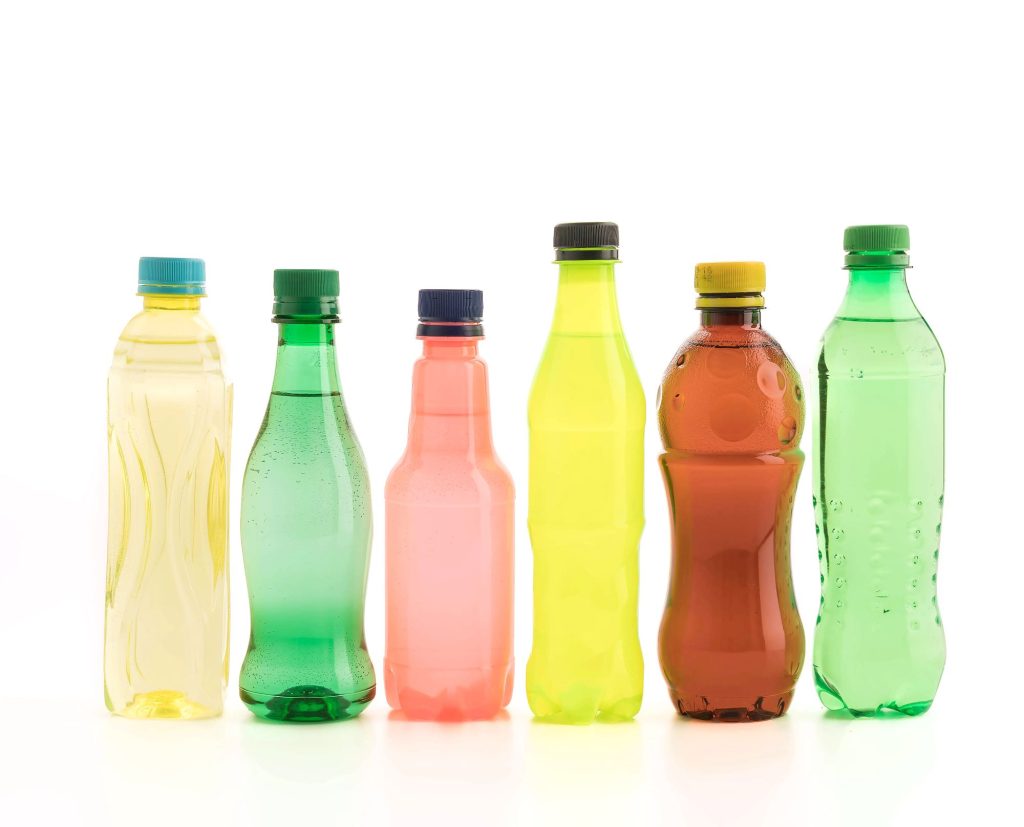Children’s graduations, beloved pets, family vacations, uplifting art.
Around the world, hundreds of millions of picture frames are sold every year, adorning our offices, homes and lobbies with scenes of everyday levity and reminders of personal milestones; fusing sterile spaces with glimpses of warmth and personality.
Driven by the global boom in residential and commercial building projects, and the accompanying demand for interior design, global picture frame revenue is expected to exceed $8.8 billion by 2030 at a CAGR of 5.2% (Straits Research).
INTCO Recycling (688087:Shanghai) is one of the world’s largest makers of picture frames – to the figure of 45 million a year, and counts a long list of major consumer brands like Target, The Home Depot, Lowe’s, Hobby Lobby, Zara Home and Nitori among its buyers.
With Europe the fastest-growing market for picture frames and North America the largest market to date, many of us are already in daily contact with INTCO Recycling’s decorative products, even if we don’t realize it.
Less visible is the end-to-end process of plastic recycling and reuse that goes into INTCO’s frames – a process that transforms styrofoam waste into essential ornaments. “There is no such thing as waste, only resources in the wrong place,” notes INTCO Recycling’s CEO, Frank Liu.
To trace the journey from trash to treasure, we’ll start at the beginning.

Expanded polystyrene (EPS) – better known by its trademarked brand name, Styrofoam – is a hardworking material. Shaped and molded into our lives in everything from takeaway cups to furniture packaging, it protects us in the form of helmets, life vests and children’s car seats; it keeps our food fresh and our gifts intact.
But there’s a problem with EPS: the same properties that make it versatile, lightweight and industrially useful also make it challenging to recycle. EPS is 98% air. “It is difficult in the start-up stage of the recycling industry.”
Only 30% of EPS is recycled every year. The other 70%, or an estimated two million tons, ends up improperly discarded, haphazardly burned or tucked away in landfills.

EPS recycling rates also vary widely by country, from 0% in Iceland to 60% in the Netherlands (OceanWise) and 90% in Japan.
To provide a solution for global recycling networks to keep more EPS out of landfills, INTCO Recycling independently developed a range of GREENMAX compactor machines that compress waste foam blocks to 1/50 of their original volume in minutes. With these technologies, INTCO Recycling has helped more than 1,000 recycling stations in 80 countries improve their recycling efficiency and reduce operating costs.

Among these is Safeway, one of the largest food retailers in the United States. Across several thousand stores, including bakeries, delis, pharmacies and flower stores, as well as Starbucks and petrol stations, Safeway consumes large quantities of EPS packaging, but local recyclers are not always on hand to sort and remove the waste.
Since 2017, INTCO Recycling’s GREENMAX compactor and conveyor has enabled Safeway in Auburn, Washington to take EPS recycling in-house. On-site EPS compacting reduces the high truck and labor costs of packing and transporting waste to far-flung recycling facilities.

In 2022, INTCO Recycling recycled 60,000 tons of styrofoam waste across its global recycling networks, collectively eliminating 190,000 tons of global carbon emissions and avoiding 89,000 tons of landfill.
“We have developed an end-to-end supply chain recycling solution, transforming recycled pellets into trendy, high-quality household and consumer goods. It’s a difficult process, but we were able to overcome the challenges through innovation,” says Liu.

INTCO Recycling’s contribution to the green economy is multifaceted: not only do its compactor solutions reduce the volume of waste EPS, its automated production line further transforms recycled EPS into trendy, high-quality household and consumer goods, including picture frames, decorative moldings, wall panels and home products. INTCO Recycling has reduced 200,000 tons of carbon emissions, saved 300,000 tons of crude oil, and protected 2 million trees every year, an elegant and profitable solution for the recycling of waste EPS foam.

As a global leader in resource recycling, INTCO Recycling has not stopped pursuing innovation in the circular economy despite the success of EPS recycling. In 2018, INTCO Recycling launched its PET recycling base in Malaysia. Spanning the recycling of multiple types of plastics, this facility transforms beverage bottles into food-grade plastic.
When it comes to plastic bottle recycling, many people think of family-owned recycling businesses, where liquids are poured out, labels are torn off, and caps are twisted off manually. With outdated recycling equipment and the direct discharge of toxic elements, these businesses often cause secondary pollution to the environment. The quality of recycled plastic products is generally poor and mainly sold to the low-end market.
This impressed Liu. “We realized we need to create a new model, relying on technological innovation to push plastic recycling into modernization and industrialization.”

Having been in the recycling industry for more than 20 years, there are still many challenges to navigate. “Although we have developed an innovative end-to-end supply chain recycling solution and public awareness of environmental protection is increasing, the recycling industry is still struggling,” Liu explains. Billions in investments are needed for the construction of recycling factories and creation of new technologies.
“For instance, to recycle 50,000 tons of waste EPS foam, this waste must be imported from all over the world, but now the global market is fragmented. If every country rejects the import of waste plastics, there will be a negative influence on domestic capacity, which reduces economies of scale. The recycling industry is more complex than it was 20 years ago.”
In addition, waste plastic is costly to purchase due to strict national policies. “Many countries have issued a plastic waste import prohibition decree, which seems superficially reasonable, but in fact, there are hundreds or thousands of types of plastics, and you can’t recycle them all from a specific country,” notes Liu.
Despite these difficulties, Liu and his team still insist on their mission.
“We have a dynamic and hardworking team making concerted efforts on a difficult but worthwhile cause. The recycling industry has a profound impact on the environment and society, leading to sustainable development.”

Resource regeneration requires the efforts of everyone, including recyclers, entrepreneurs, governments and consumers. Unfortunately, public awareness remains limited.
To this end, INTCO Recycling works with schools and educational institutions to advance environmental science education for more than 1,000 primary and middle school students every year. “Recycling is not only fun but also profitable. We need education to do it the right way,” says Liu.
As for INTCO Recycling, its team knows their mission of renewing the world is difficult but worthwhile.
“Sustainable materials, net-zero and a circular economy… INTCO Recycling has been committed to ESG for more than 20 years. What is the future of resource regeneration? We can’t wait to see it.”
Published by Bloomberg Media Studios: https://sponsored.bloomberg.com/article/intco/from-styrofoam-waste-to-finishing-touch-how-a-leader-in-plastic-renewal-sees-the-bigger-picture
